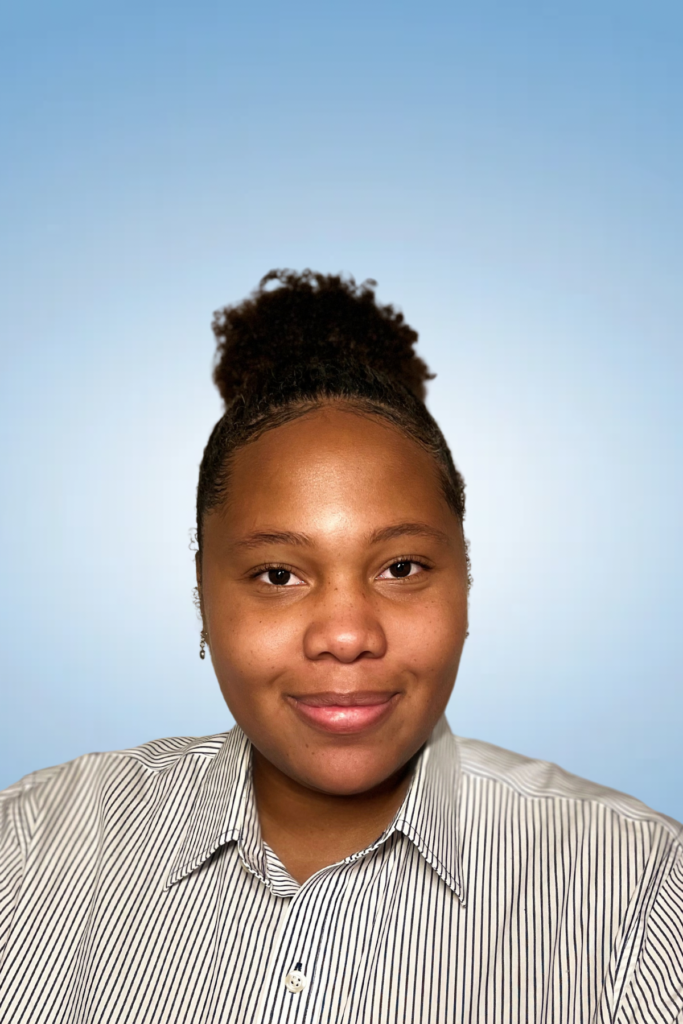June 7, 2025. The Daily Reflector. By Aliyah Young.

As a medical student, I recognize the link between early literacy and health. However, my interest in literacy began in high school while teaching my nephew to read. His preschool teachers were amazed when he began picking up books and reading them. When asked how he learned, he proudly announced, “My Auntie Liya showed me.” We made learning to read fun; we had many conversations, so his vocabulary was robust; and we read stories together, so reading was a natural part of his environment.
Why is early reading important?
- Important brain development happens early in our lives. People form most of the neuronal connections in their brains before the age of 5. After 5, our brains are mainly fine tuning the foundation that was formed early on. To learn more listen to a 2-minute video from Harvard’s Center on the Developing Child.
- Early environment matters. Differences are seen early in life based on the resources a child has access to. According to the Economic Policy Institute, the achievement gap between high- and low-income children exists before children even enter kindergarten.
- The presence of books in the home is the strongest predictor of academic success, surpassing income, parents’ education, and family composition. Yet, according to the US Department of Education, 61% of low-income families have no books at all in their homes at all. And the number of children’s books in a home is a reasonable indicator of the parents’ health literacy.
- Research indicates that a child’s academic success at ages 9 and 10 is impacted by the amount of conversation they heard from birth to age 3.
- Low reading levels are strongly linked to incarceration, with 70% of incarcerated adults unable to read above a fourth-grade level according to the US Department of Justice.
What can you do?
- Count the books in your home. Make literacy part of your daily life by talking with your child, including them in what your everyday activities are, and by reading books.
- Check out some alphabet activities Here
- Children up to 5 years old and receive free books each month from the Dolly Parton Imagination Library.
- Reading Rockets is a researched-based source of literacy at home activities.
- Model Reading. To encourage a love of literacy, have your child see you reading various types of print including books, magazines, newspapers, brochures, and even street signs so they know reading is an everyday activity.
- Visit your local library. In addition to free access to books, many libraries have robust programming offering a variety of free activities.
Please take time to play, talk, and read with your child. This not only strengthens your relationship, but boosts literacy and sets them off on a path of learning and success.
Aliyah Young
2024-25 NC Schweitzer Fellow
ECU Brody School of Medicine, Class of 2028
